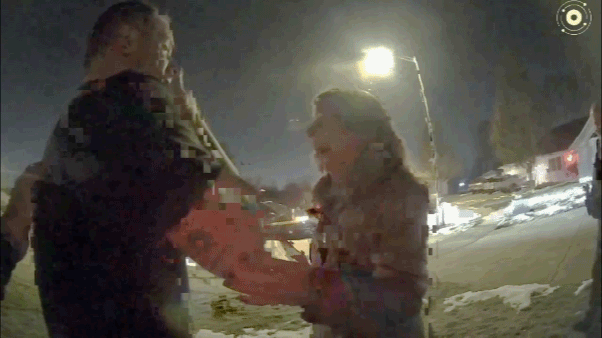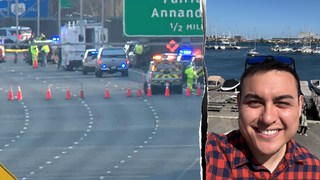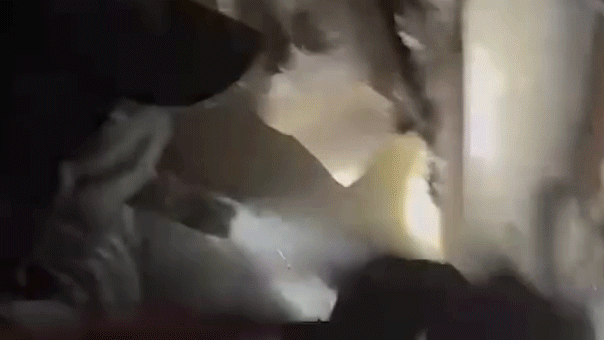NASHVILLE, Tenn. – More than two years after the state closed a troubled Tennessee cemetery whose owner was accused of losing bodies and burying multiple people in single plots, it appears that efforts to determine exactly who is buried where have failed.
During a hearing Wednesday in Nashville, Davidson County Chancellor Carol McCoy agreed to wind down the state's oversight of Galilee Memorial Gardens, a family-owned cemetery in the Memphis suburb of Bartlett. She heard recommendations from officials conducting the investigation of the burial ground, which was closed and placed under state receivership in February 2014 after its owner, Jemar Lambert, was charged with burying bodies on adjacent land not owned by the cemetery and stacking multiple caskets in single graves. He pleaded guilty and is serving 10 years' probation.
Lambert left behind messy burial records and hundreds of unkempt graves that were missing markers. Relatives of people buried at Galilee have complained that they cannot find the graves of their loved ones, while others have wondered if their burial contracts of up to $1,400 would be honored. Workers dug up a grave and pried open a casket while searching for a woman whose body was never found, investigators said.
McCoy said that despite extensive efforts to identify who is buried where in the cemetery, some of the cases amount to a "best guess approach."
Robert Moore, who conducted the receivership's investigation of the burial grounds, put it this way: "We know where the bodies are, your honor. We just don't know for 100 percent sure who they are."
An Associated Press study has found that laws regulating cemeteries in Tennessee and around the country are lax and inconsistent, leaving open the possibility of problems like those in Galilee happening again.
During its investigation, the state attempted to decipher the slipshod records and employed a company that used ground penetrating radar to determine how many bodies were buried at the cemetery and where they are located.
Julie Mix McPeak, commissioner of the state Department of Commerce and Insurance, was appointed receiver in the case. In a June 17 report, the state said no "reasonable action" can be taken to rehabilitate the cemetery or return it to commercial use.
The state recommended that no more burials take place, meaning those with pre-paid burials must find another resting place for themselves and their families. Officials said 573 people have told the state they own plots for future burials, but only 279 of them had complete and validated claims of ownership.
The state also said placement of grave markers and disinterment of bodies should be discouraged because the precise locations and identities of people buried at the cemetery are "impossible to determine."
Unstable ground at the cemetery would also make using machinery for disinterment difficult, the state said. Moore said he fell in the cemetery six times during his inspections.
"I was standing still and the ground gave way under me," Moore said. "I went down to the depth of my knee before my leg stopped."
Later, he added: "It was like a trap door just dropped out from under me."
Moore said the ground is so thin in some areas, there was not enough dirt to stick a small flag in the ground to mark a gravesite.
The state said it will try to find a community group that can take over care of the cemetery. If such a group can't be found, then a municipality could pay for the cemetery's upkeep, the state recommended.
McCoy agreed with the state that the receivership should wind down and she appeared to favor the recommendations, but she did not issue a ruling on them. McCoy, who is retiring from the bench in two weeks, did not set a hearing date when the receivership could be officially ended by her successor.
"I'm not sure that I have any answers," McCoy said. "It's a situation that's disturbing for the families and disturbing for those who have been involved in it because of all the unknowns. And I don't know how you find the answer to an unknown."









































